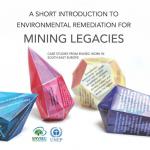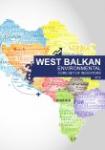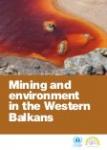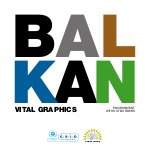change
 Resource efficiency
Resource efficiency Disasters
Disastersand conflicts
 Environmental governance
Environmental governance Harmful substances
Harmful substances Ecosystems management
Ecosystems management
 Global
Global Eastern Europe
Eastern Europe Caucasus
Caucasus Central Asia
Central Asia Balkans
Balkans Mediterranean
Mediterranean
 THINK!
THINK! TELL!
TELL! ACT!
ACT! TEACH!
TEACH!
















